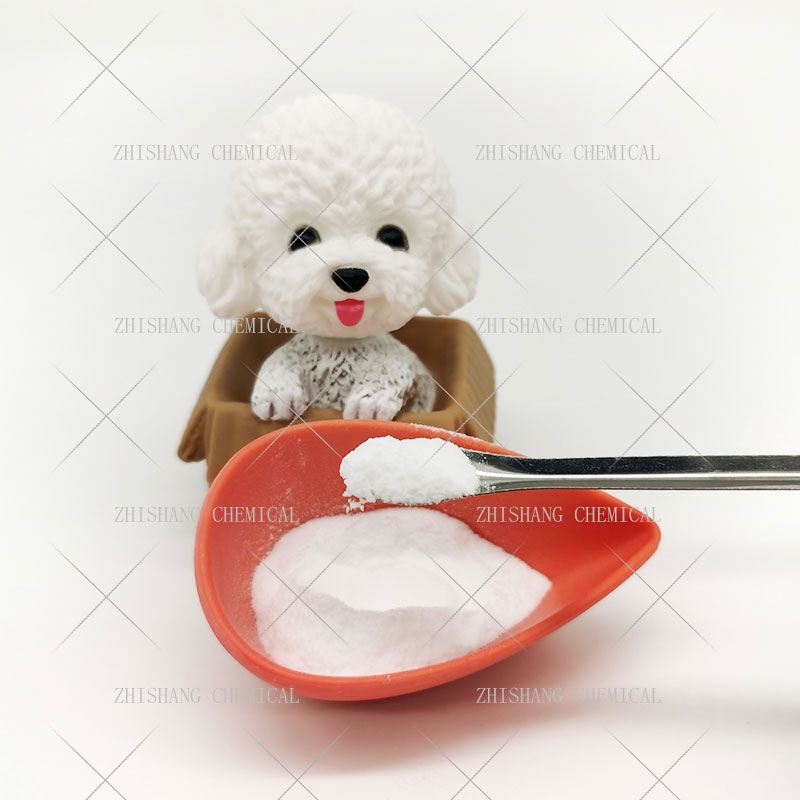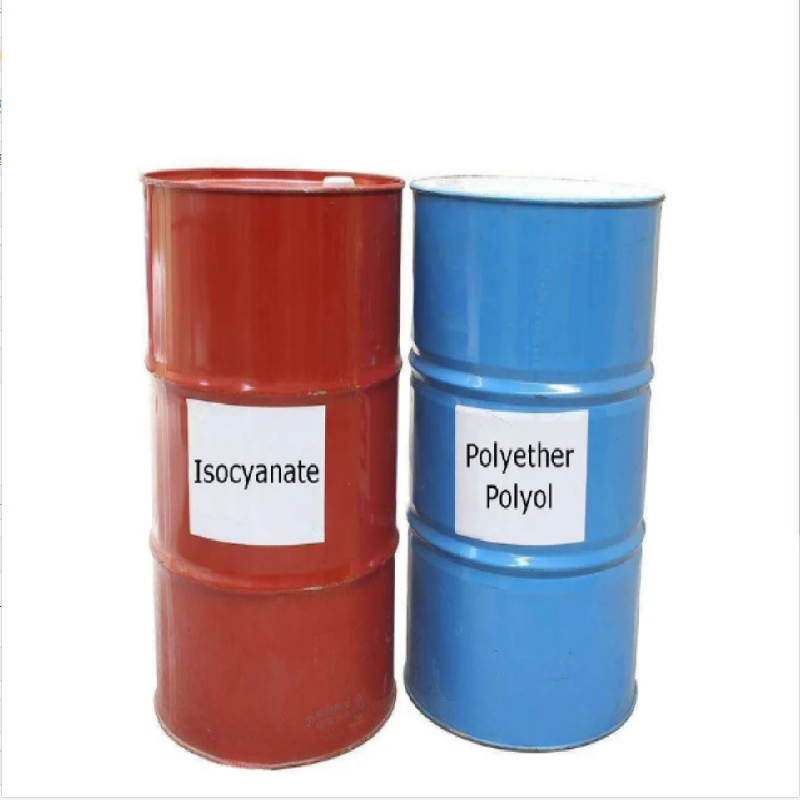-
Categories
-
Pharmaceutical Intermediates
-
Active Pharmaceutical Ingredients
-
Food Additives
- Industrial Coatings
- Agrochemicals
- Dyes and Pigments
- Surfactant
- Flavors and Fragrances
- Chemical Reagents
- Catalyst and Auxiliary
- Natural Products
- Inorganic Chemistry
-
Organic Chemistry
-
Biochemical Engineering
- Analytical Chemistry
-
Cosmetic Ingredient
- Water Treatment Chemical
-
Pharmaceutical Intermediates
Promotion
ECHEMI Mall
Wholesale
Weekly Price
Exhibition
News
-
Trade Service
[China Epoxy Network (China Epoxy Industry Online)News on March 4, 2009: The domestic economy will slowly rebound in the second quarter, and credit will have a lagging period for the economy.
At the "Ward Wealth Spirit Forum" held a few days ago, Lian Ping, chief economist of Bank of Communications, pointed out that when observing various policies to stimulate economic growth in this round, we must pay special attention to credit trends.
Lian Ping said that starting from the second quarter, the domestic economy will show a slow recovery trend.
Lian Ping said that unlike Europe and the United States, China's financial structure is dominated by indirect financing, with direct financing accounting for no more than 20%.
In November last year, domestic new loans were more than 400 billion yuan, and in December, more than 700 billion yuan was added.
The total amount of new loans in January this year was as high as 1.
6 trillion yuan, which is "estimated to be more than 800 billion yuan in February.
" There is a lag period in the pull of credit on the economy-Lian Ping pointed out that credit growth, investment, and GDP fluctuate roughly in the same direction, and usually credit changes first, and investment and GDP changes later.
Lian Ping said that due to the lag effect, the pull of credit on investment will be clearly reflected in about a quarter, while the pull of GDP will have a lag period of one to three quarters.
"The first quarter may be a low point, but various indicators will show signs of stabilization, and the second quarter will gradually pick up, and with the further advancement of other policies, I believe it will form a slow recovery trend.
"
It is not certain that there will be a second wave of financial crisis.
There is now a view that the second wave of financial crisis is coming.
Lianping believes that although it cannot be said with certainty that there must be a second wave of financial crisis, the current financial crisis in developed countries continues to deepen and expand, and the international financial market will continue.
There has been some downturn and turbulence.
He pointed out that the most important thing is to pay attention to the liquidity risk, whether it will lead to the bankruptcy of large financial institutions, but from the current situation, as long as the government controls well, the situation of large financial groups will not get worse, while small and medium financial institutions are hard to say.
Up.
While the market recognizes that abundant liquidity is driving economic recovery, it is also worried about its renewed inflation.
Lian Ping believes that market liquidity will be reflected in prices sooner or later, and the possibility of very serious inflation is unlikely, but the possibility of a certain degree of inflation due to ample liquidity cannot be ruled out, and monetary policy may also appear due to changes in the situation.
Sharp turn.
In addition, Lian Ping believes that the financial crisis proves that the bonds of commercial financial institutions are more risky.
The best investment products are government bonds, while European countries have fewer government bonds.
In addition, my country’s foreign exchange reserves are mainly U.
S.
dollars.
National debt is the best choice.
In addition, although many institutions have recently predicted that my country’s Consumer Price Index (CPI) will experience negative growth in February for the first time in six years, economists are not unified on whether there will be deflation in the near future.
Huang Yiping, chief economist for Asia at Citigroup in Hong Kong, believes that deflation is the main risk facing China's economy this year.
He said that the decline in CPI in January and the negative value of PPI both indicate that the current risk of deflation is increasing.
The CPI and PPI data in February are likely to be both negative.
But Chen Zhongtao, a senior economist at the National Logistics Information Center, has a different view.
Chen Zhongtao has been responsible for monitoring China's Purchasing Managers Index (PMI) for a long time.
He said that from the latest issue (February) of the PMI index, the corporate purchase price index has rebounded for three consecutive months, indicating that the price index is likely to maintain a steady rise.
In addition, judging from the current financial data and currency liquidity, there is no risk of deflation.
In addition, the lag period of the macro policy effect is generally about half a year.
Therefore, after a period of time, the effect of the state's 4 trillion yuan investment economic stimulus plan will become more obvious.
The government's measures to expand investment to stimulate economic growth will also bring about a rebound in prices.
Chen Zhongtao believes that even if the CPI will drop sharply in the first half of this year, it may be negative in some months, but the CPI for the whole year of 2009 is unlikely to fall.
"The Chinese economy has not yet reached the level of deflation," he said.
(Our reporter Meili)
Ben Wang 2007 enable the "Chinese epoxy net" new name retains "China Epoxy Resin Industry online" name
English name: E- .
cn , the Chinese domain name: China Net epoxy .
.
cn .
CN .
China .
cn






